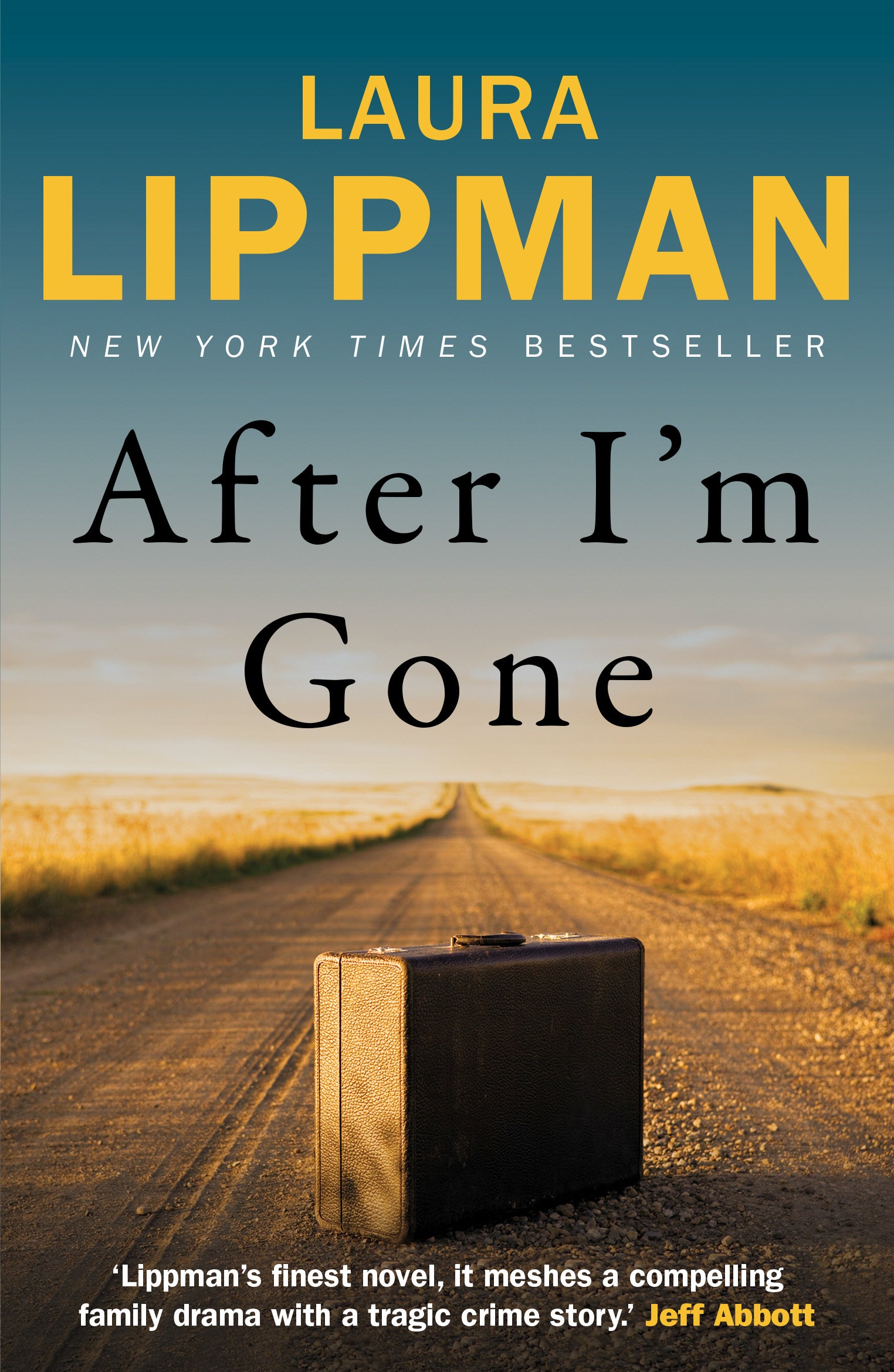After I'm Gone by Laura Lippman - book review: Precision plotting helps this cold-case tale make a killing
In prose that is rich and complex, Lippman shows that the crime genre can be infinitely flexible

Your support helps us to tell the story
From reproductive rights to climate change to Big Tech, The Independent is on the ground when the story is developing. Whether it's investigating the financials of Elon Musk's pro-Trump PAC or producing our latest documentary, 'The A Word', which shines a light on the American women fighting for reproductive rights, we know how important it is to parse out the facts from the messaging.
At such a critical moment in US history, we need reporters on the ground. Your donation allows us to keep sending journalists to speak to both sides of the story.
The Independent is trusted by Americans across the entire political spectrum. And unlike many other quality news outlets, we choose not to lock Americans out of our reporting and analysis with paywalls. We believe quality journalism should be available to everyone, paid for by those who can afford it.
Your support makes all the difference.Writers such as Gillian Flynn (with Gone Girl) and Paula Hawkins (with The Girl on the Train) may have caught the popular mood for "domestic noir" and watched their sales rocket, but if there is any justice, Laura Lippman – who for years has been producing some of the best written literary crime fiction on the contemporary scene – will soon be enjoying similar commercial success.
She certainly deserves to – and After I'm Gone may be just the book to propel her from the middle to the upper slopes of Mount Parnassus. An Arcadian past was the subject of her much-lauded recent novel The Innocents. The past in After I'm Gone, however, is not just a different country but a dangerous one. In prose that is rich and complex, Lippman shows that the crime genre can be infinitely flexible in tackling its basic concerns (and a few new ones).
The disparate time periods here would have been quicksand for lesser writers, but they are skilfully negotiated by Lippman, as she describes the lives of five women whose happiness has been destroyed by Felix Brewer, a white-collar crook and adulterer who vanishes in 1976, leaving chaos in his wake. The women are his wife Bambi, his mistress Julie and his three daughters, all of whom are strikingly characterised – as is Detective Sandy Sanchez, investigating Julie's murder in the present day.
Sanchez, a retired detective, uncovers a web of criminality, jealousy and avarice stretching over several decades and affecting the lives of these very different women. And even though so much time has passed, the missing conman is still crucial to the women's existence. But a reckoning – for everyone – is in the offing.
Anatomising a murky criminal past is meat and drink to writers of crime fiction, but few do it as well as Laura Lippman – and as well as conjuring the individual dilemmas of the women at the centre of After I'm Gone, she is particularly adroit at evoking a period when women were only starting to enjoy some autonomy.
The locale, too, is vividly evoked: Lippman's own city of Baltimore. At times, she draws us into a modern take on the dark atmosphere of one of her favourite writers who resided in the city, Edgar Allan Poe. But all of this would count for nothing if the plotting were not as rigorous and impressive as it is here: as Sandy draws ever closer to the truth behind the businessman and the murder of his lover, it will be a very seasoned crime reader indeed who will be able to see the twists coming before they spring out.
Join our commenting forum
Join thought-provoking conversations, follow other Independent readers and see their replies
Comments